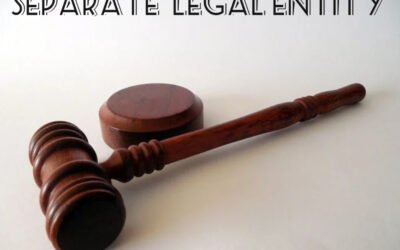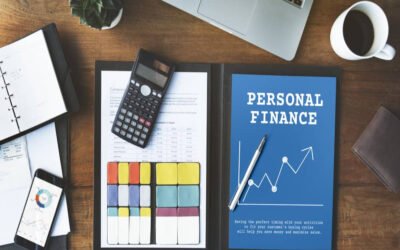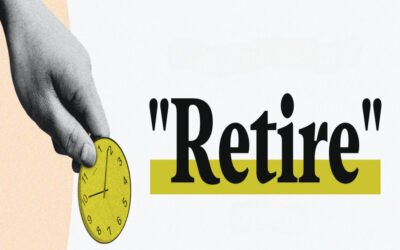1. Standard Legal Term The legally recognized term is sole proprietor This indicates that the individual is both the owner and controller of the business The sole proprietor is fully responsible for all operations and liabilities...
Result Tags
What is the difference between a sole proprietorship and a freelance business?
1. Legal Structure and Definition A sole proprietorship is a formal business structure where an individual owns and operates a business under a trade name or firm name. A freelancer is an individual who offers services independently to clients, typically without a...
What kind of business can a sole proprietorship be?
1. Retail and Trading Businesses Grocery stores, general provision shops Clothing, footwear, and accessory outlets Mobile phone, electronics, or appliance shops Bookstores, stationery, and gift shops Vegetable and fruit stalls or kiosks 2. Service-Based Businesses...
Who makes decisions in a sole proprietorship?
1. Centralized Authority The sole proprietor holds complete decision-making power over the business There is no board of directors, partners, or shareholders involved The owner does not need approval from any other party to make changes or take actions This results in...
What is the role of the owner in a sole proprietorship?
1. Business Management and Operations The owner is solely responsible for planning, running, and overseeing all day-to-day business activities Tasks such as purchasing, sales, inventory control, customer service, and staff management are handled directly There is no...
Is a sole proprietorship a separate legal entity from the owner?
1. Legal Identity The business and the owner are legally considered the same person There is no distinction between the individual and the business in the eyes of the law All legal rights and obligations are held by the owner personally The business does not have a...
What is the legal status of a sole proprietorship?
1. No Separate Legal Entity A sole proprietorship has no independent legal identity separate from its owner The business and the individual are considered the same in the eyes of the law All contracts, debts, and obligations entered into by the business are directly...
How does a sole proprietorship affect the owner’s personal finances?
1. Personal Liability for Debts The owner is personally responsible for all business debts and obligations If the business incurs losses, creditors can claim the owner’s assets such as savings, home, or vehicle There is no legal protection or separation between...
Can a sole proprietorship be sold?
1. Sale of Business Assets The proprietor can sell physical assets such as equipment, inventory, furniture, or property. These are sold through standard sale agreements, and ownership transfers to the buyer. Intellectual property, like a brand name, logo, or website,...
What happens when the owner of a sole proprietorship retires?
1. Business Dissolution The sole proprietorship ends upon the owner's retirement, unless: The owner sells or transfers the business to someone else. The owner restructures it into another entity (e.g., partnership, private limited company)...










